Premium Only Content
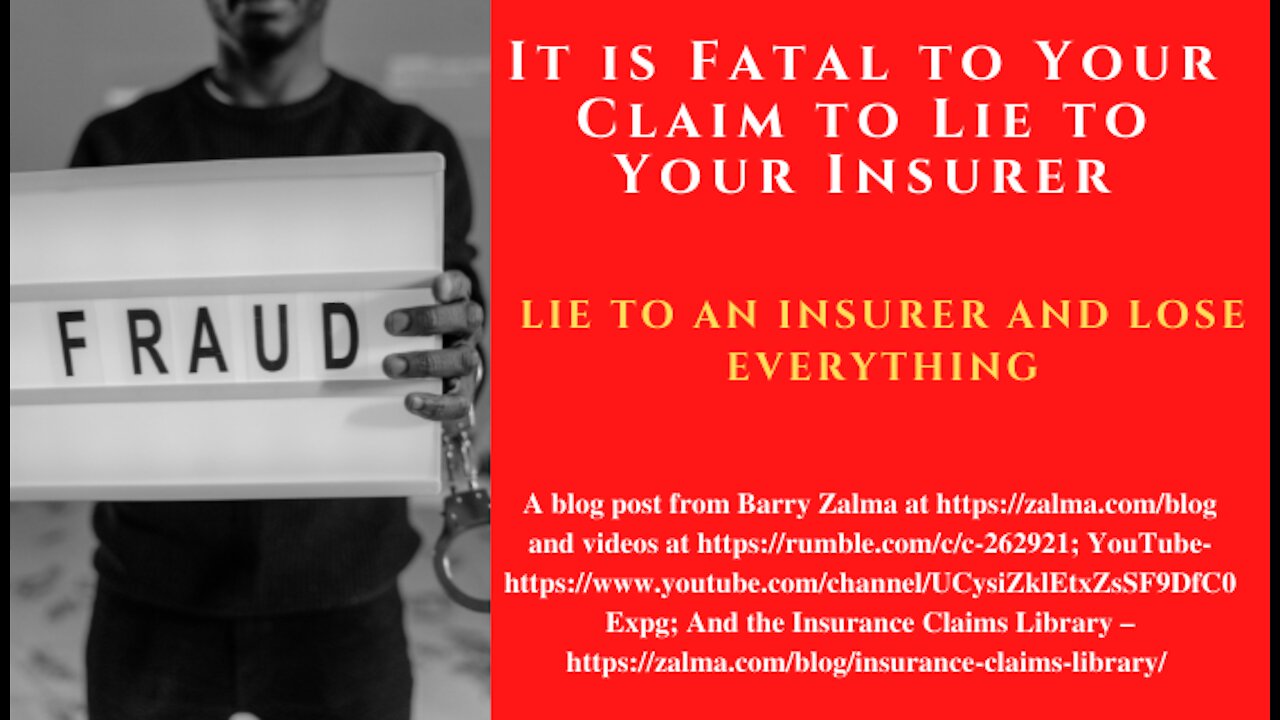
It is Fatal to Your Claim to Lie to Your Insurer
Lie to an Insurer and Lose Everything
False swearing is a special category of misrepresentation or concealment because it is made under oath. In criminal law, false swearing is called perjury.
If there was any false swearing as to the property that was the subject of the insurance, it vitiated that policy; if there was false swearing as to the meat and corn, it vitiated the policy taken out upon those articles. The instruction, in effect, told the jury, that if they believed there was false swearing with respect to the meat and corn, the result would be to vitiate policy and that the plaintiff would not be entitled to recover the policy benefits. [Williams v. Va. State Ins. Co, 55 S.E. 680, 106 Va. 259 (1906)]
In order for a "false swearing" to void an insurance policy, the false swearing must have been willful, made with respect to a material matter, and made with the intent to deceive the insurer. [Gould v. M.F.A. Mutual Insurance Company, 331 S.W.2d 663, 669 (Mo.App.1960); Joiner v. Auto-Owners Mut. Ins. Co., 891 S.W.2d 479 (Mo. App. 1994)]
Where an insurance policy provides that an insured's concealment, misrepresentation, fraud, or false swearing voids the policy, the insured must have actually intended to defraud the insurer. [West v. Farm Bureau Mutual Insurance Co. of Michigan, 402 Mich. 67, 259 N.W.2d 556 (1977)]
The U.S. Supreme Court stated the rule, as follows:
A false answer as to any matter of fact material to the inquiry, knowingly and willfully made, with an intent to deceive the insurer, would be fraudulent. If it accomplished its result, it would be a fraud effected; if failed, it would be a fraud attempted. No one can be permitted to say, in respect to his own statements upon a material matter, that he did not expect to be believed; their materiality, in the eye of the law, consists in their tendency to influence the conduct of the party who has an interest in them and to whom they are addressed. [Claflin v. Commonwealth Insurance Co., 110 U.S. 81, 3 S. Ct. 507, 28 l. ed. 76 (1884).]
ZALMA OPINION
Insurance is a business of utmost good faith. That means neither party to the contract of insurance may do anything to deprive the other of the benefits of the contract. Therefore, when an insured lies to the insurer to convince it to insure, or to convince it to pay more than is owed, he or she breaches the covenant of good faith and fair dealing and under the terms of the contract of insurance voids coverage. It's not nice to lie to your insurer. It is fatal to any claim to lie to your insurer.
-
 7:40
7:40
Barry Zalma, Inc. on Insurance Law
1 year agoLoss of Inventory by Bankruptcy
172 -
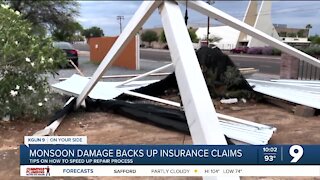 2:26
2:26
KGUN
3 years agoTips on how to expedite your monsoon damage claim
12 -
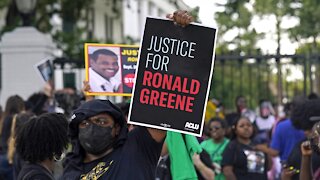 0:33
0:33
Newsy
3 years agoFBI: New Ronald Greene Autopsy Rejects Crash Claim In Fatal Arrest
2.91K2 -
 1:12
1:12
WCPO
4 years agoHow to Claim Your Stimulus Check
279 -
 2:03:38
2:03:38
Great Sermons
3 years ago $0.01 earned✅ Dan Mohler - Claim God's Purpose for YOUR Life!
1171 -
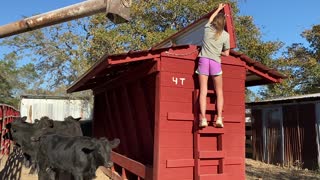 2:01
2:01
weisefarms
4 years ago $0.01 earnedSteak your claim to delicious beef!
772 -
 10:30
10:30
vivafrei
4 years agoInsurer ORDERED To Cover Claim for Covid Business Interruption - Lawyer Explains
4.5K55 -
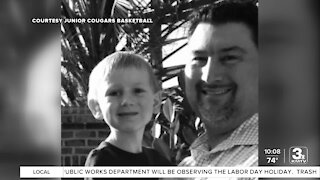 4:11
4:11
KMTV
3 years agoFatal crash victims
124 -
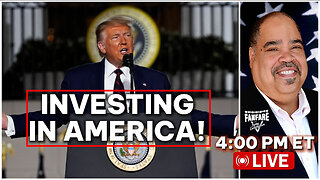 LIVE
LIVE
Barry Cunningham
2 hours agoWATCH LIVE: PRESIDENT TRUMP SPEECH ON INVESTING IN AMERICA!
2,079 watching -
 LIVE
LIVE
StoneMountain64
4 hours ago1st stream BACK! Arc Raiders BRAND new exclusive alpha early look
603 watching